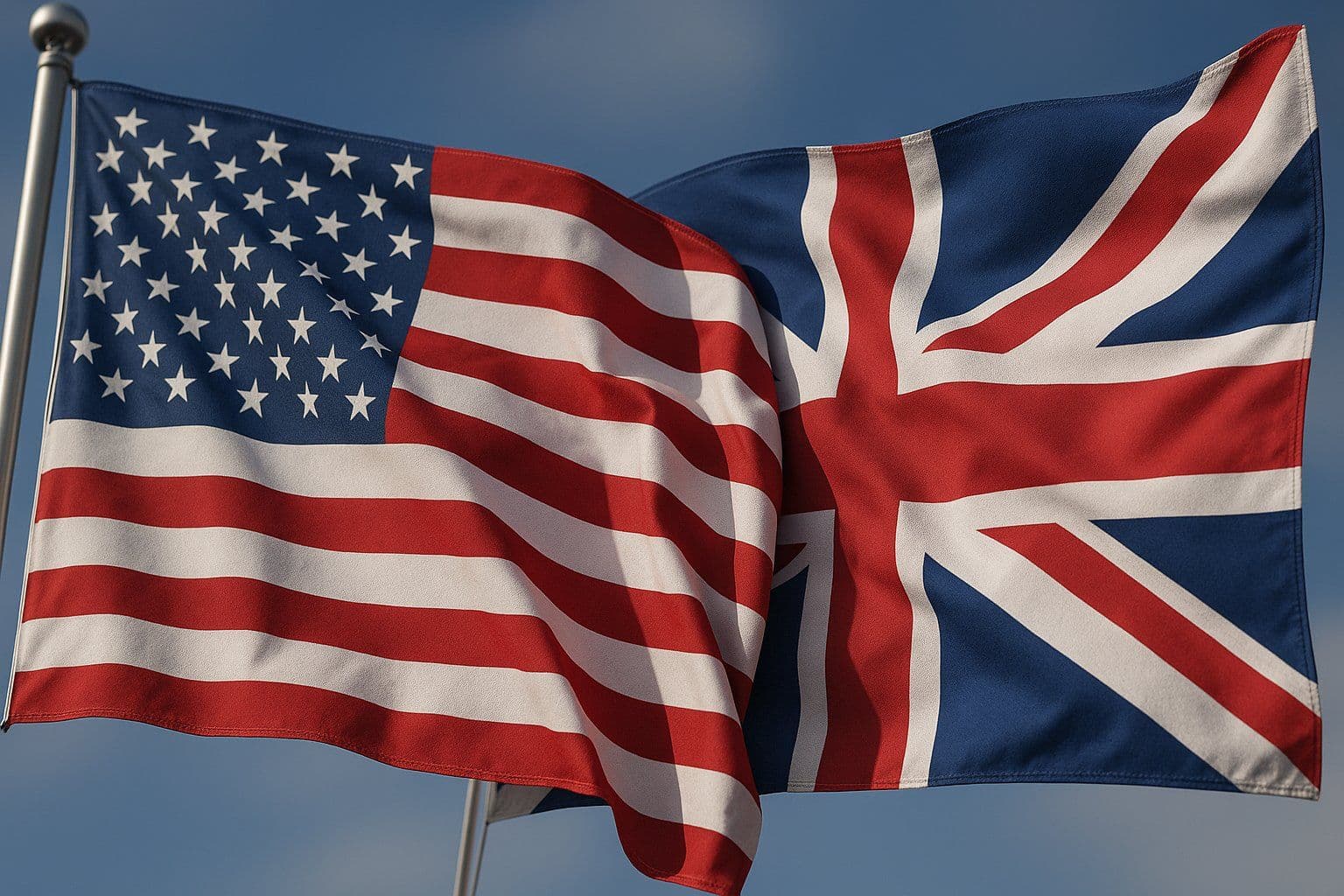A Historic Step Toward Unified Oversight
The United States and the United Kingdom have unveiled a new Transatlantic Crypto Taskforce, a cooperative framework designed to harmonize digital-asset regulation between the two largest Western economies. Confirmed by both the U.S. Treasury Department and HM Treasury, the initiative represents one of the most significant steps toward cross-border crypto supervision to date.
The taskforce has been given a six-month mandate to deliver recommendations by early 2026. Its mission is to bridge the gap between distinct regulatory approaches that have complicated compliance for exchanges and fintech startups operating across multiple jurisdictions.
“We share a common objective — fostering innovation while protecting consumers and maintaining financial stability,” said Janet Yellen, U.S. Treasury Secretary. “A transatlantic framework is a logical step toward a safer digital-asset ecosystem.”
Her U.K. counterpart, Rachel Reeves, Chancellor of the Exchequer, added: “Digital finance moves faster than borders. Cooperation is the only way to ensure rules remain fit for purpose.”
What the Taskforce Will Target
The taskforce will concentrate on three critical areas of crypto governance:
- Stablecoin oversight — defining reserve standards, auditing requirements, and licensing processes.
- Exchange regulation — creating shared rules for token listings, market manipulation prevention, and custody practices.
- DeFi transparency — establishing reporting norms without undermining decentralized innovation.
According to a Treasury statement, the collaboration will act as “an operational bridge” linking the U.S. Treasury, SEC, CFTC, and the U.K.’s Financial Conduct Authority and Bank of England. Monthly working sessions and public consultations with exchanges and blockchain researchers are planned throughout the winter.
Timing and Significance
The announcement follows months of heightened scrutiny in global crypto markets after several platform failures and compliance scandals. The U.S. continues to expand its enforcement operations, while the U.K. finalizes digital-asset licensing under the Financial Services and Markets Act.
Analysts view the timing as strategic. With the European Union’s MiCA framework now live, both the U.S. and U.K. face pressure to present a comparable standard or risk losing fintech investment to continental Europe.
Marcus Hughes, former compliance head at Coinbase Europe, told Hodl Horizon: “The fragmentation of crypto regulation is exhausting for global firms. A shared U.S.–U.K. rulebook could set a precedent that other countries will follow.”
Industry Response
Reactions across the crypto industry have been mixed but largely positive. A Binance spokesperson said the company “supports initiatives that promote legal clarity across jurisdictions.” Circle CEO Jeremy Allaire tweeted that “cross-border consistency is essential for stablecoin trust and global adoption.”
Smaller blockchain founders, however, worry that uniform standards might favor large incumbents. Ella Williams, founder of London-based DeFi startup HydraLabs, commented: “Uniform rules can help transparency, but if compliance costs rise too high, smaller innovators will move to looser jurisdictions.”
The Bigger Picture
The transatlantic taskforce could shape upcoming global policy moves by organizations such as the Financial Stability Board and the International Monetary Fund. Both are drafting frameworks for digital assets, and alignment between Washington and London could influence their direction.
Critics argue that harmonization may prove difficult. U.S. regulators remain divided over classifying digital assets as securities or commodities, while U.K. regulators lean toward principle-based flexibility. Reconciling these differences will test the taskforce’s ability to balance innovation with protection.
Toward a Unified Market Standard
If successful, the U.S.–U.K. partnership could establish the foundation for a global regulatory baseline similar to how Basel III unified banking standards. Failure, however, could deepen the divide between nations embracing crypto innovation and those restricting it.
For now, market sentiment has turned cautiously optimistic. Analysts describe the initiative as “the most tangible sign yet that crypto is maturing into a regulated financial system.”

